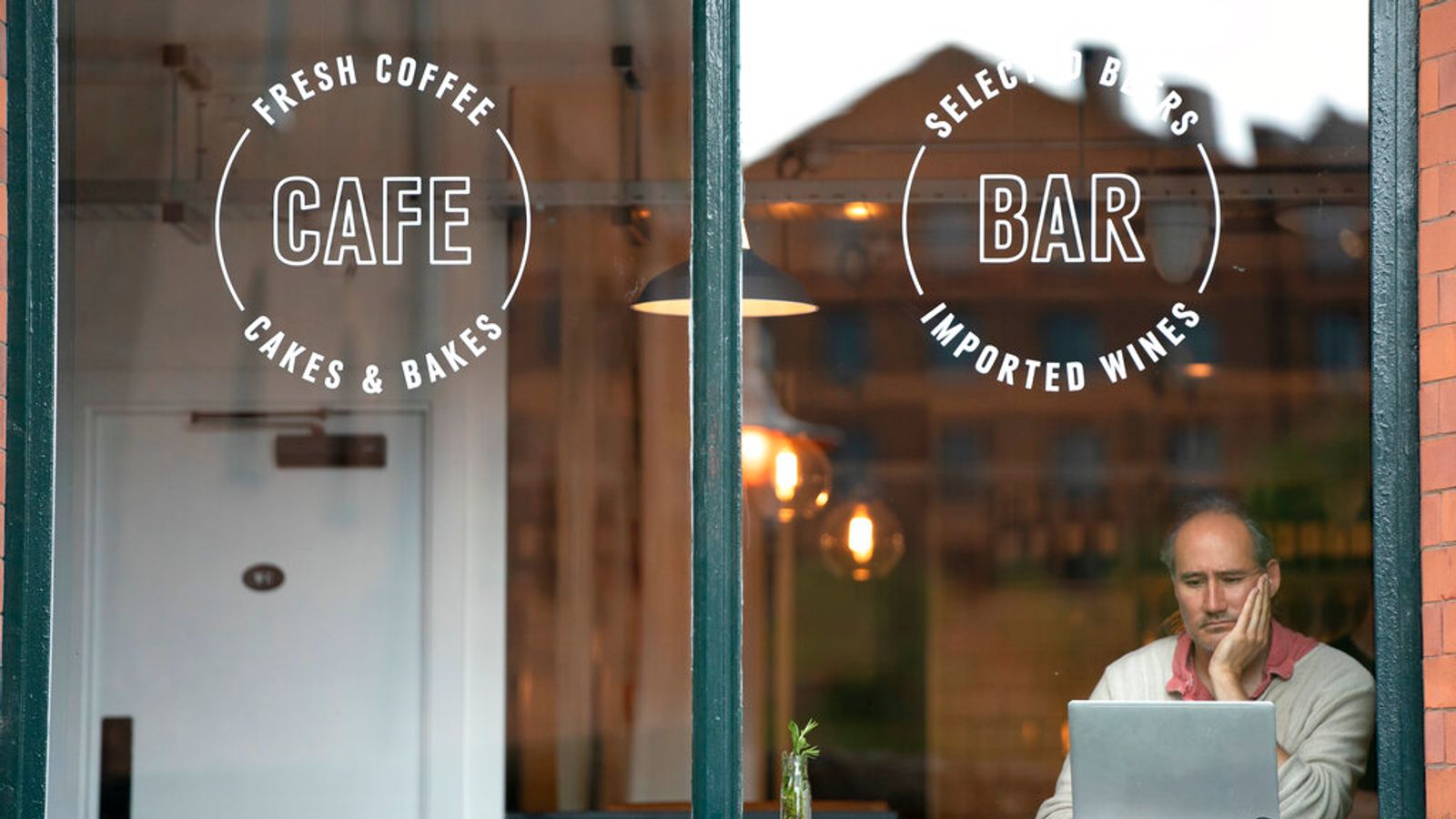The UK government will cut business rates in half for the retail, leisure, and hospitality sectors, some of the hardest-hit industries throughout the pandemic.
Pubs, cinemas, and restaurants are all set to benefit under Chancellor Rishi Sunak’s planned tax relief, worth an estimated £1.78bn to businesses in the industry.
In a tweet, Mr Sunak said that the proposal was in line with recommendations from the Confederation of British Industry (CBI) and the British Retail Consortium.
It represented, he added, a tax cut worth some £1.7bn, and when combined with Small Business Rates Relief, “over 90% of all these businesses will see a discount of at least 50%”.
The relief will be capped at £110,000 per business, the government said.
The move follows an 18-month-long consultation that also saw a number of major retail businesses call for an online sales tax on companies like Amazon.
Mr Sunak stopped short of announcing such a tax, instead saying that the government would start an online sales tax consultation.
Budget 2021: Acid test for Sunak’s budget will follow in the coming months as inflation and cost of living worsens
Budget 2021: Government doing education catch-up ‘on the cheap’ as Rishi Sunak offers ‘inadequate’ support, say unions
Budget 2021: Chancellor Rishi Sunak’s address a case of the good, the bad and the bubbly
And while he ruled out scrapping business rates altogether – noting they generate £25bn in tax revenues each year – Mr Sunak did say that he wanted to alleviate some pressure on businesses.
“We’re taking steps to ease the burden of business rates and boost our high streets,” he said.
From 2023, every business will be able to make property improvements, and avoid paying extra rates for the following 12 months.
Elsewhere in the package, Mr Sunak announced that business rate re-evaluations will now take place once every three years, instead of once every five years, and that the government had cancelled next year’s increase in the rates multiplier.
The package was received positively by some in the industry.
“Cancelling inflationary rises next year whilst avoiding a cliff edge for retail, leisure and hospitality through a continuation of rates relief in April,” said Robert Hayton, UK president at the real estate adviser Altus Group, “with tax incentives to reduce environmental damage, coupled with more frequent revaluations, and tax holidays to stimulate investment, is a compelling basket of support which will aid the recovery.”
Mr Hayton added that the chancellor had delivered upon the government’s manifesto pledge to lower the business rates burden through a £7bn cut.
The government also announced a raft of changes to alcohol duties, which Mr Sunak promised would bring the cost of a pint in the pub down by 3p “permanently”.
Alcohol will now be taxed on the basis of its strength rather than the current system, which has been in place for decades and which the Institute of Fiscal Studies called “a mess”.
Mr Sunak said the new steps for alcohol duty will make it “simpler, fairer and healthier”.
The plans will bring relief to small producers making cider and other alcoholic drinks that are less than 8.5% ABV, he added.
Meanwhile, sparkling wines will pay the same duty as still wines of equivalent strength, rather than the 28% they currently pay.






















